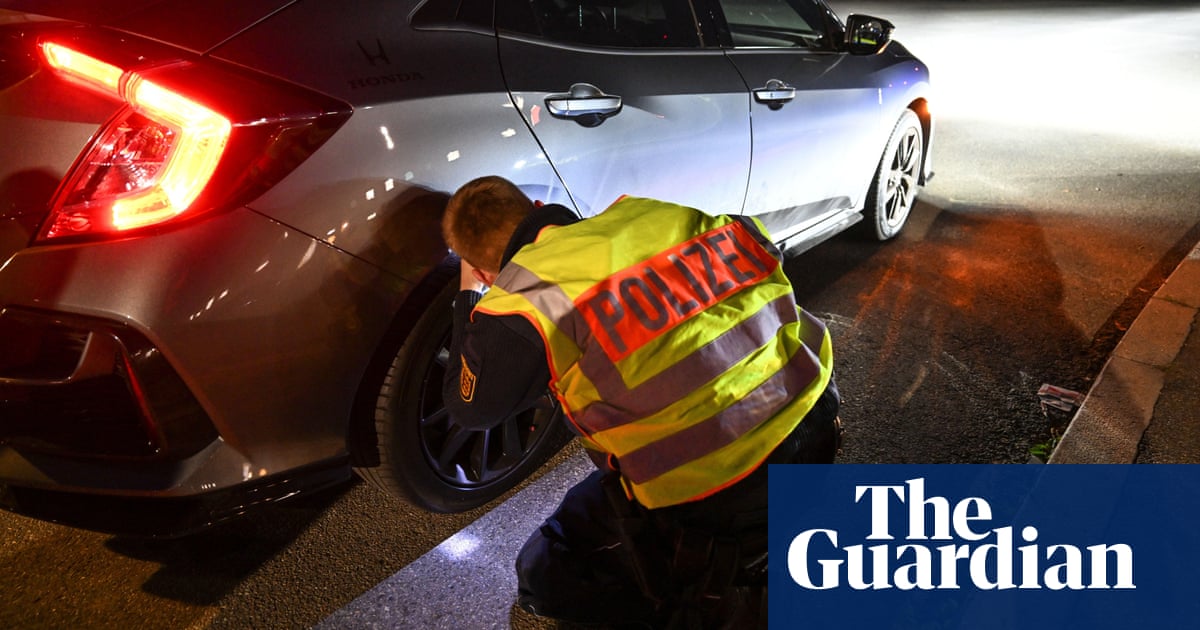The plight of British Steel is an opportunity for a transformative change in the way steel is made (Editorial, 10 April). Blast furnaces depend on coal, and steelmaking emits well over a tonne of CO2 for every tonne of steel, producing roughly a tenth of global CO2 emissions. Using electric arc furnaces gets around this by recycling scrap metal, but doesn’t address the primary problem.
There are promising alternatives. These include making steel with hydrogen, and more advanced options such as the all-electric projects being supported by the US’s Advanced Research Projects Agency-Energy (Arpa-E). Scunthorpe is well placed for this, close to North Sea windfarms and able to exploit cheap surplus late-night electricity.
An attractive way forward would be to sustain the blast furnaces for a few more years, replacing one with an electric arc furnace. Meanwhile, the UK’s university skills could be used to develop a more innovative all-electric iron-ore-to-steel process. By making hi-tech steels that are stronger, and persuading engineers to use them, consumption and emissions can be cut significantly.
Steel is essential to Britain’s economy and security, and the government is right to protect steelmaking. But net zero is also essential to the planet’s security. Rather than abandoning the quest for net zero to perpetuate a loss-making and dying enterprise, the government has the option to foster real innovation: low-cost, low-carbon, world-leading.
Euan G Nisbet
Emeritus professor, Royal Holloway, University of London
Polly Toynbee highlights the fact that there are Conservatives who see the need for nationalisation in some circumstances (Labour has done right by British Steel – now it must speed up a radical strategy for all industry, 13 April). A prime example of this was when the Tory prime minister, Edward Heath, nationalised Rolls-Royce in 1971 when it was about to submerge in financial chaos. The principle of nationalisation when it is in the country’s interest was clearly established then.
Robin Davies
Tregarth, Gwynedd
The acquisition of British Steel in 2020 by the Chinese corporation Jingye was an example of economic globalisation on steroids. And see where it has got us.
Such globalisation – both the offshoring and the acquisition of British strategic industries and public utilities by foreign corporations – has seen our industrial sovereignty sacrificed for short-term profit, with jobs lost, and increased costs to consumers.
If one good thing comes from Donald Trump’s economic wrecking tactics, it will have been the end of globalisation – or at least its taming. And if the nationalisation of British Steel signals the beginning of the end for globalisation’s destructive impact on UK industry and jobs, I for one shall cheer. But will this Labour government be bold enough?
Robert Dewar
Kinlochleven, Inverness-shire
Everything your editorial said about British Steel has an exact analogue with the petrochemical plant at Grangemouth. If that closes, Scotland will be one of very few oil-producing countries without its own refining industry.
David Patrick
Edinburgh
Strangely, the government didn’t move toward nationalisation when Tata declared the demise of the blast furnaces at Port Talbot.
Polly Llwynfedwen
Llanfaes, Aberhonddu

 2 days ago
18
2 days ago
18













































